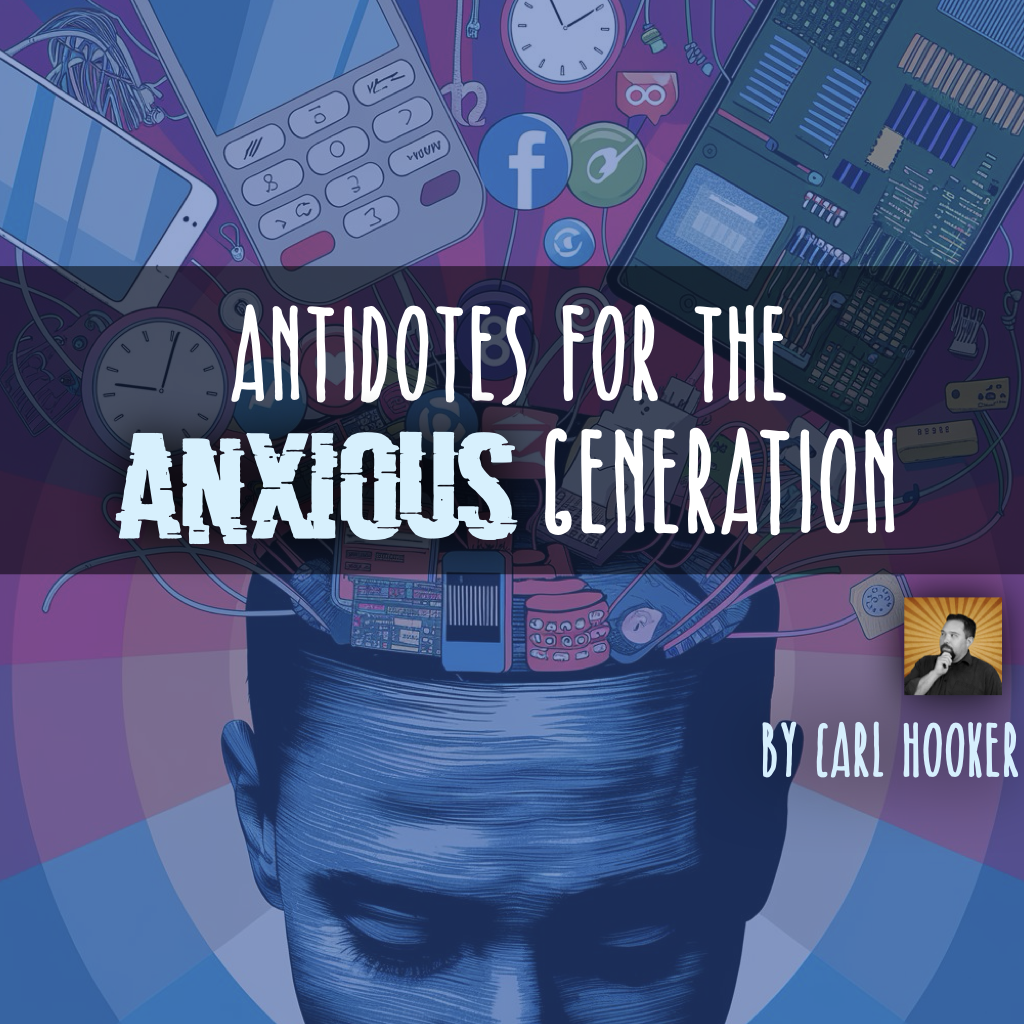Is the National Guard a solution to school violence? F. Chris Curran, Associate Professor of Educational Leadership and Policy, University of Florida on March 11, 2024 at 12:23 pm
This summary is based on an article by F. Chris Curran as published in The Conversation Read More
From time to time, elected officials facing increased violence or unrest suggest calling in the National Guard for assistance. Recently, officials in Brockton, Massachusetts took the unusual step of requesting the National Guard be deployed to Brockton High School to help address student fights, drug use, and disrespect toward staff.
As a researcher who studies school discipline weighs in, this situation is part of a broader national trend of schools struggling with perceived increases in student misbehavior since the COVID-19 pandemic. While the National Guard has been utilized in educational settings before, the history is mixed.
In 1957, the Arkansas National Guard initially blocked nine Black students from integrating into an all-white high school in Little Rock, before eventually being ordered to enforce desegregation weeks later. More tragically, in 1970 the Ohio National Guard fatally shot four students during protests at Kent State University over the Vietnam War.
More positively, during the pandemic the New Mexico National Guard helped fill teaching vacancies, receiving generally favorable reviews. And after the 2012 Sandy Hook shooting, there were proposals to fund using the Guard for school security, though this did not pass.
School officials in Brockton argue the Guard could provide much-needed staffing support to address behavior issues. However, the researcher raises concerns that a military presence, even temporary, may escalate situations or make students feel less welcome. Research shows effective teaching, positive school environments and relationships are key for safe schools.
The increasing militarization of schools, fromGrenade launchers for school police to data linking officers to higher suspension and arrest rates, underscores these worries over a National Guard deployment.
Ultimately, the researcher believes calling the National Guard is treating a symptom, not the root causes of misbehavior. What schools truly need are more teachers, counselors and mentors to build supportive, educative environments for students.
With Massachusetts’ governor rejecting the National Guard request, the Brockton High situation highlights the challenges facing many schools post-pandemic. But as critics like the NAACP argue, a military response is unlikely the solution students deserve.
Recommend0 recommendationsPublished in Breakdown Spotlight




Responses